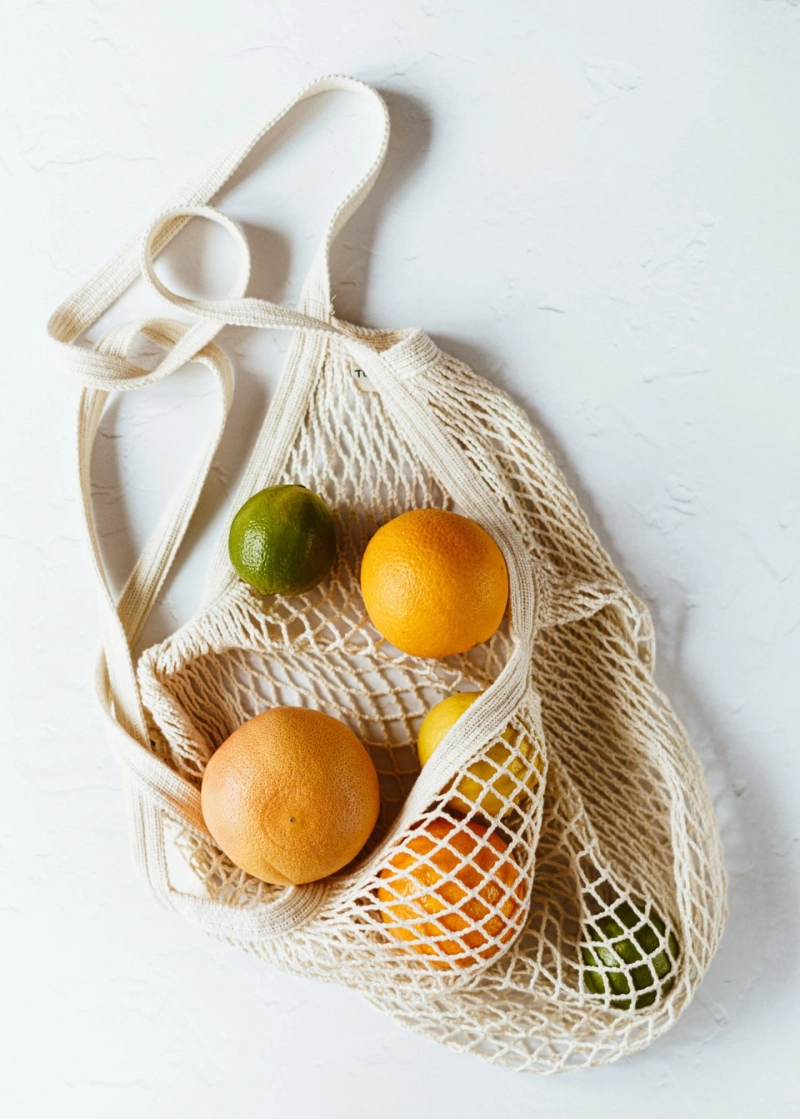Isn\'t it absurd how much more costly "green" products are? How can we tell if our purchases of eco friendly bags in Sri Lanka are really making a difference? What if it\'s just a ruse, and we\'re just putting money in the pockets of cynical billionaires who want to misuse our world for short-term profit?
Is it really possible for us to be environmentally conscious if we can\'t afford it? How will we alter our everyday transactions to match our environmental ideals if we can\'t afford to promote values that are too expensive?
We just want to do well, but is it a luxury that only the wealthy can afford? We should have the right to buy things that are good for the environment, to eat organic, fresh foods, and to wear clothes that don\'t end up choking our seas after a few washes.
Due to the supply chain ramifications, eco-friendly home items in Sri Lanka are typically more costly. It\'s not easy to create goods that have a low environmental footprint – and adding additional costs adds to the challenge.
Environmentally safe processes are more costly when it comes to farm goods. Avoiding the use of chemicals such as pesticides is a popular concept in organic farming. These contaminants have the potential to affect our climate by destroying vulnerable insects, damaging ecosystems, and polluting local water sources by runoff.
The prices of producing green products appear to be higher as well. Since most organic businesses are too small to warrant a huge production plant, these facilities are often shared. This ensures that a lot of work must be put into ensuring that methods aren\'t combined while producing organic and traditional products, which takes more time – and as we all know, time is capital, and labo is short on both.
In conclusion, it can be stated that eco- friendly gift items in Sri Lanka are costly and there aren\'t enough of them to inspire companies to reconsider their operations so that they have the least possible environmental effect.


